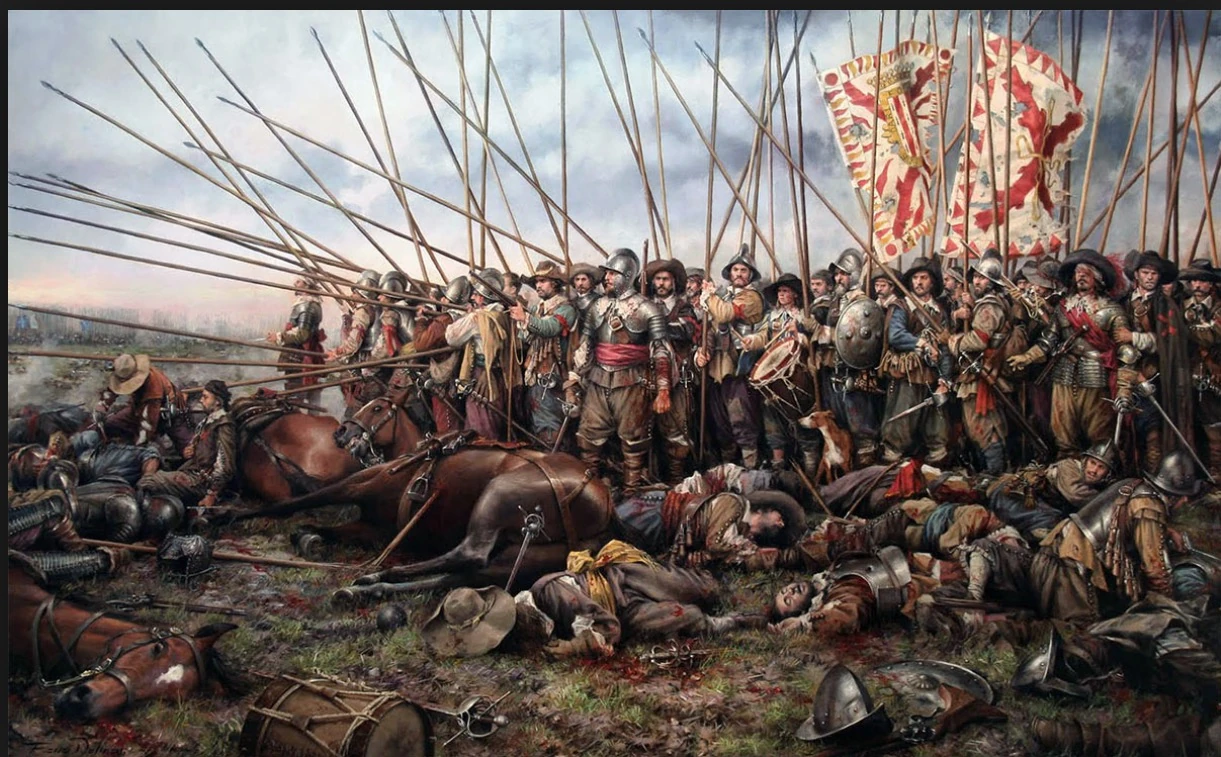I don't really accept the idea that political fragmentation is good for progress which shows up in a lot of analysis of why Europe pulled ahead of China technologically. It's true that political fragmentation creates more room for innovation, but political centralization also has important benefits; it means fewer trade barriers, less resources squandered or destroyed in war, and more coordination. And in the case of why Europe pulled ahead of China, I think that was a historically contingent event and history could probably have easily turned out differently, and insofar as geographical factors contributed to the OTL outcome, Europe being harder for a single political entity to conquer wasn't the only one and might not have been the most important. Just breaking up China into a bunch of different competing states is pretty much my least favorite way to set up a "China has a scientific-industrial revolution first" scenario.
We should return to our old Pagan culture and religion, as a better way to preserve the environment and fight for social justice.
One of my controversial opinions about history is kind of the opposite: I think Christianity may have been an important cultural precondition for modern science and liberalism. Christianity was an important source of ideas like "God doesn't like privileged people better, in fact it's harder for them to please Him and they have extra obligations to help their less fortunate brethren," and "revenge and pride are bad motivations," and "being able to casually demand sexual favors from people shouldn't be treated as a natural perk of being a high-status man" and "nature is a single unified system with consistent rules, not a mess of arbitrary actions by a thousand different gods and spirits." I'm not going to say it was
the source of those ideas, because those ideas existed before it and elsewhere, but I think it gave them a big boost and benefited Western civilization and ultimately humanity as a whole by doing so. To be fair, I think there was a big cost to that; "paganism" was much more accepting of religious diversity and I think in that way "paganism" was much better than Christianity (and Islam), so I think Christianity was
at best very much a "two steps forward, one step back" trade. I suspect Christianity is close to the source of
why the West is weird, and ... the author of that essay speculates about how the psychological weirdness of Westerners might make us deficient, but I have kind of the opposite perspective, I think the psychological atypicality of Westerners is strongly connected to Western culture's material and moral strengths (I guess that's another controversial opinion about history that I have).
I have an I guess probably controversial opinion that's downstream from this, which is that the people who think the Middle East's problems are because of Islam are not entirely wrong but at the same time are
exactly wrong. I think one source of the Middle East's problems is that Islam failed to break the pre-Christian culture in the Middle East the way Christianity did in Europe. I figure it had to do with Islam being a victim of its own early success in a way. Christianity spent a long time as a weird persecuted fringe movement, and movements like that often actually draw solidarity from being alienated from the surrounding society and seeing themselves as a tiny island of virtue in an ocean of sin, and then Christianity took over society from the bottom up, by organically moving itself and its weird fringe values toward the center of the Overton Window. Islam had a much shorter period as a weird persecuted fringe movement, and then quickly became "The Man" and shifted to taking over society from the top down, and that meant early Islam had much more incentive to make itself palatable to privileged people and accommodate their values and interests. You can see this in how, for instance, Christianity is more radical about having a sexual morality that's functionally a culture war weapon aimed at the historical default sexual privileges of high-status men.

